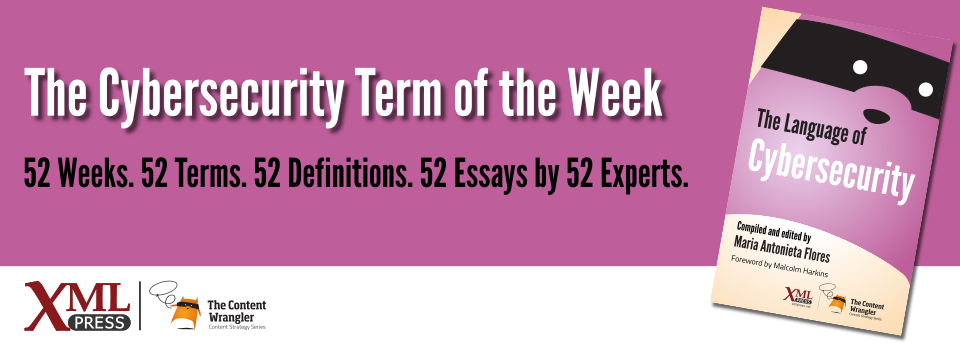What is it?
A European Union regulation designed to give people more control over their personal data and to define how organizations must process such data.
Why is it important?
The GDPR expands the scope of data protection globally. This is important because it applies to many more organizations than previous regulations. In particular, the GDPR applies to any entity that has an establishment (any place of business) in the European Union and collects or processes personal data about any person in the world. And it applies to any entity that collects or processes personal data from a person in the European Union, regardless of where that entity is based.
...continue reading "Term of the Week: General Data Protection Regulation (GDPR)"

